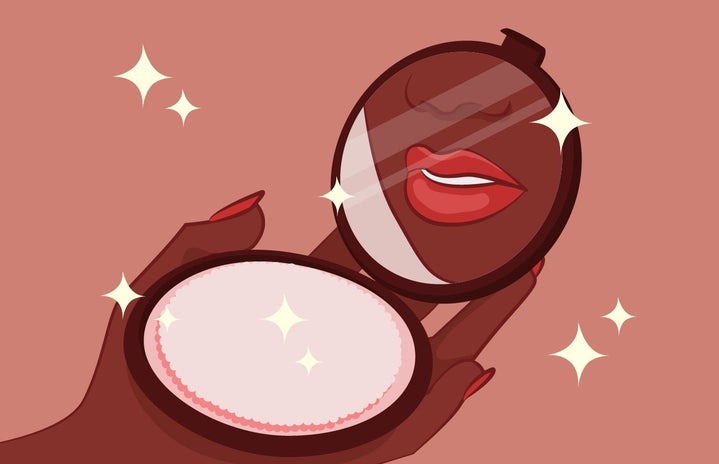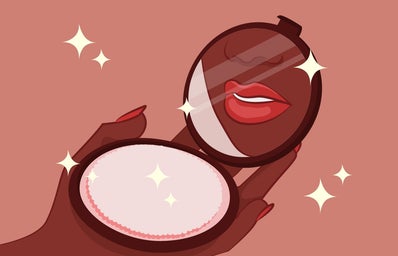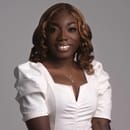As a woman, I can heavily identify with the feeling of being pressured to meet a certain standard of beauty and being overlooked when it comes to representation. It’s easy to feel ignored when the women glorified and praised in society look nothing like you or when the image of what women look like are misrepresented by ads, magazines, social media, and society. As a dark skin black woman, I have experienced this misrepresentation first hand. As time progresses, things have changed and improved, but there is still a gap when it comes to the way beauty is presented and sold to society.
This week I was tasked with an assignment that reminded me of an important topic of conversation. I was doing my project with the sole intent of getting a grade but this assignment turned into something more. I really enjoyed doing research on this and I deeply resonated with the issues addressed. I completed a case study and analysis of Dove’s Project #ShowUs social media campaign. Dove took a stand against the world’s unauthentic imagery of women and the lack of inclusivity with Project #ShowUS.
In a survey conducted by Dove, the company found that 70% of women across the world feel as if they are not properly represented in media and advertising. This influenced the company to do something drastic, something big, something that would inspire and provoke emotions of people everywhere. Dove partnered with Getty Images and GIRLGAZE to create a collection of 10,000+ authentic, undistorted depictions of beauty. Shot by women for women, the collection of photos includes real life imagery of women from all walks of life and it captures the essence of what beauty truly looks like. This movement has inspired women across the country and challenged other companies to defy the norm by redefining what beauty looks like.
When doing my own research, I found that 4 in 5 women have low self esteem. These self-esteem issues are fueled by the false image of beauty in society and fetishization of the “perfect body” on social media. This project made me think about how women are pressured to look everyday. Even if not directly told, society indirectly tells us how we should and should not look and it affects us, mentally, emotionally and sometimes even physically. Some women suffer from body dysmorphia, eating disorders, and develop mental illnesses because the pressure to uphold these standards are too much, some even consider getting cosmetic surgeries just to be deemed as what the world calls beautiful. For a long time women have been told how they should and should not look, how their hair should be, what weight and size they should maintain, types of clothes to wear, how much make-up they should or shouldn’t put on and we are fed up. Enough is enough. Toxic beauty standards are ruining women’s and young girl’s views of themselves. The unrealistic image of the ideal woman rooted in western beauty is tired and played out. For far too long this has gone on; I am so glad to see brands bring awareness to this issue and inspire women to own who they are even if it’s not what society easily accepts.
Dove’s initiative made me feel heard and empowered as a female. Like I said before, I know the feeling of not feeling good enough, not feeling confident, and feeling as if you are not seen. It’s not a good feeling and low self-esteem affects you not just appearance wise, but it can affect other parts of your life like how you carry yourself, whether or not you speak up about how you feel and deserve to be treated, how you perform at your job, etc. Ladies, beauty is what we decide we want it to be. We are not what society labels us. This article is for my women with darker skin tones, women who don’t always want to be extremely feminine, women with skin conditions, women with disabilities, women with more body hair than accepted, women with scars and stretch marks, for my women who identify as non-binary, and my women who aren’t exactly what the world portrays as beautiful. We can and will be who we want, we can look how we want, and should feel no shame for being the best version of ourselves we know how to be. Whether you’re skinny or thick, dark or light, short or tall, religious or non-religious, etc. you are beautiful and you get to define what beautiful means and is for you, not anyone else, just you. Project #ShowUs gives women an opportunity to feel included and it shows the world how to look at beauty with a wider perspective. As we continue to love ourselves for who we are and redefine what beauty truly looks like, brands, businesses, and society will have to adjust and pivot to the new image of how beauty should have always been seen.


